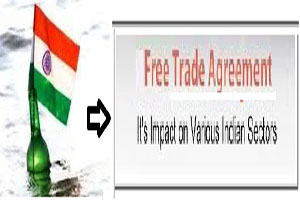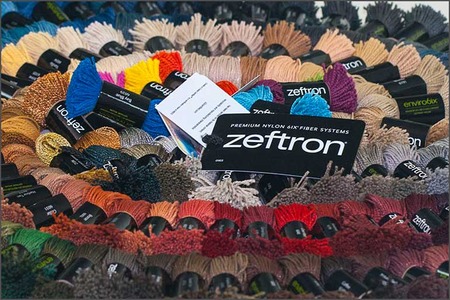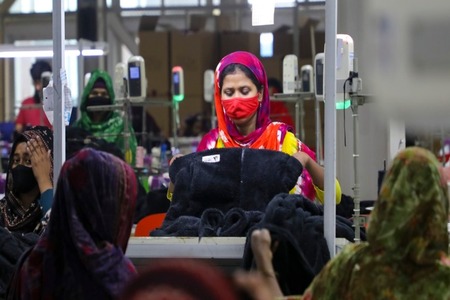
Government reworking its strategy on FTAs
YarnsandFibers News Bureau 2015-07-06 16:15:00 – New DelhiThe government of India as it revives its push for bilateral deals to corner a greater share of the export market is reworking its strategy on free trade agreements (FTAs). Rules of origin are at the heart of these agreements as they are meant to check routing of third-party goods via countries with which an agreement is signed.
Over the years, India has insisted on a system where at least 30-35% value addition takes place in a country with which it signs a trade agreement. In addition, there has to be a change of heading, which means yarn should be finished into a product.
Easier rules of origin are a key element of the two trade agreements — the one with Australia and the Regional Comprehensive Economic Partnership (RCEP), which includes China and will create the world's largest free trade area. Under the two treaties, the government is expected to move to a product-specific approach covering each category separately, a source told TOI.
The change in stance comes at a time when the government is under pressure from several countries that are part of the RCEP negotiations to tweak the rules in a way that it insists on lower value addition or a change in heading. A senior official acknowledged that the move would be meaningful for Indian products to be part of the Asian and global value chain but would mean a radical shift, which the government may not be prepared for immediately.
But a revamped strategy is seen to be crucial as the government is ready for the next wave of trade agreements — from Australia to RCEP on the east, and the European Union and Peru on the West.
The Narendra Modi administration, which had ordered a review of all treaties entered into by the UPA government, is of the view that FTAs are the way forward for Indian exports to grow as the US and EU are showing no signs of movement at the World Trade Organization. The Americans are pursuing an ambitious opening up of agenda through the Trans-Pacific Partnership (TPP) with Australia, Canada, Japan, Malaysia, Mexico, Peru and Singapore as well as the Transatlantic Trade and Investment Partnership (TTIP) with EU.
As a result, there is a renewed thrust to work out a deal under RCEP, which includes the Asean countries, Australia and New Zealand, apart from China.
India is keen to hold up talks but at the same time wants to move forward to ensure that Indian exports in areas such as textiles and leather are not adversely impacted by the TPP.
Market Intelligence
Ask for free sample Report

experience
Customer Base
dedicated team
Countries Served Worldwide









